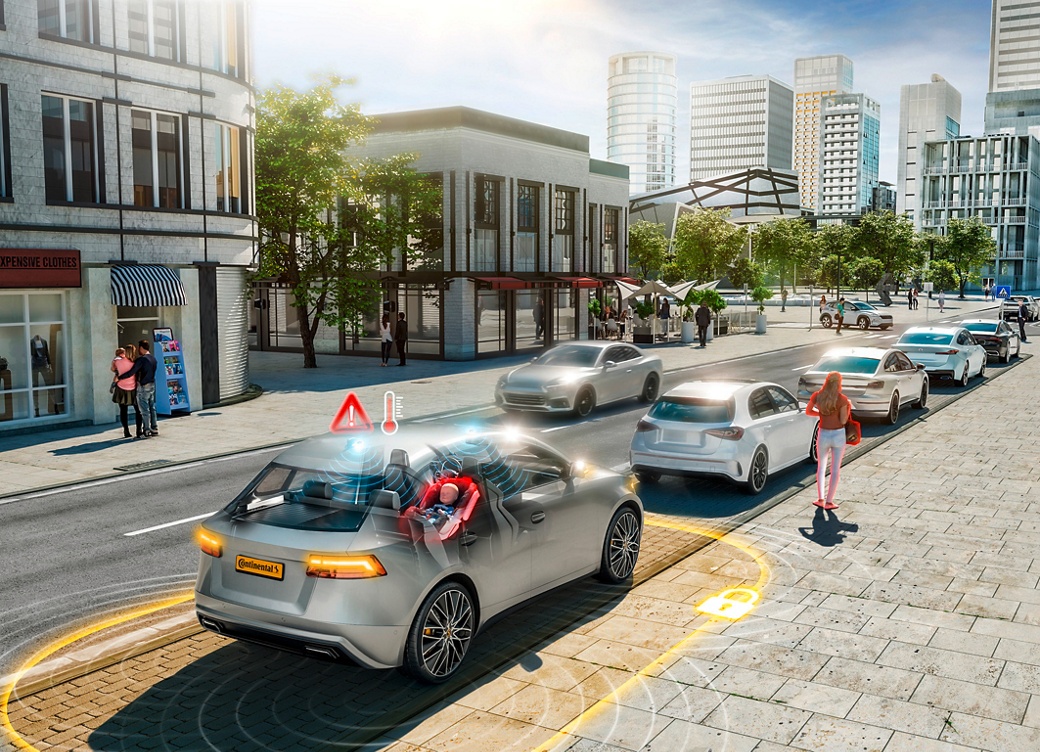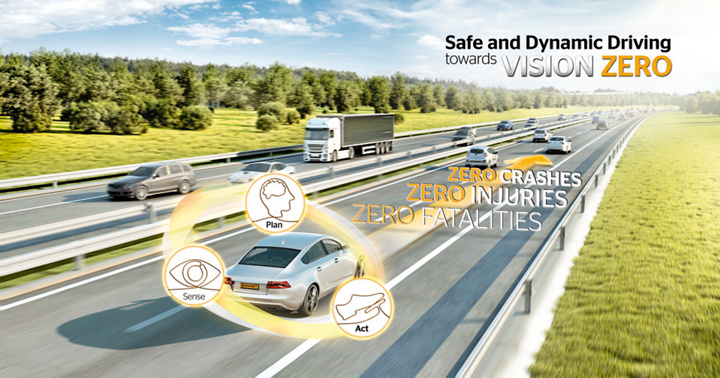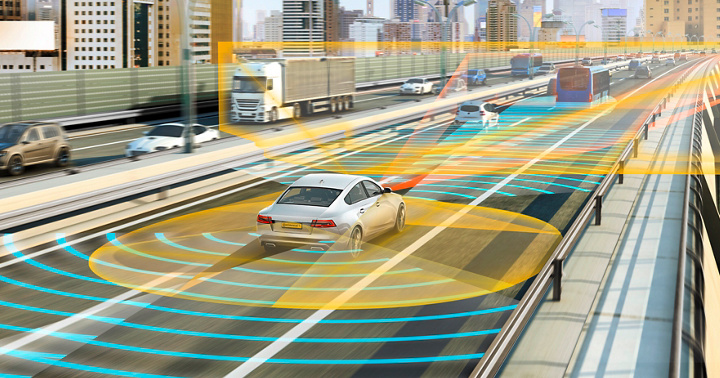Continental has developed an innovative Child Presence Detection function, which detects children that have been left behind in a vehicle and immediately activates a warning. The function is seamlessly integrated into the CoSmA ultra-wideband Digital Access solution. The automatic detection of children in parked cars is an important feature that ensures an even greater degree of safety within the vehicle – and thus represents a further step toward Continental’s “Vision Zero,” a world in which nobody will suffer serious injuries or be killed on the roads.
Since this new technology also directly ensures that there will be fewer fatalities on the roads. The safety function shows that, even in parked cars, hazards can be minimized and safety in the vehicle optimized. The new feature also meets the upcoming targets of consumer protection organization Euro NCAP and the US regulatory authorities. From 2025 onward, stricter guidelines will apply for automotive manufacturers with regard to child safety within the vehicle. This is also the result of ongoing dialog with the international NCAP organizations.

Future NCAP and legislative requirements will influence development
Since for Continental, as one of the leading technology companies in the automotive industry, it is essential that we keep abreast of the latest developments regarding new requirements and test protocols. This is especially true for active safety systems, which may not come into force for several years.
In our research and development centers, our colleagues are working three to ten years ahead within the world of mobility. Currently valid test regulations are no longer sufficient for new developments,”

Dr. Olaf Schädler
Head of Regulatory Affairs in the Autonomous Mobility business area
and therefore the most important interface between Continental on the one hand and consumer protection and legislation on the other. “Currently, for example, the regulations for the 2023–2025 time frame apply. In 2026, there will be an update to the Euro NCAP assessment that was announced in “Vision 2030.” Our company will be informed of the future requirements in good time so that the development teams will have sufficient time to ensure implementation.”

Innovative function detects left-behind children inside the vehicle
The Child Presence Detection function is a feature that helps to protect the youngest road users in the vehicle in particular. When temperatures outdoors rise to 30 degrees Celsius and above, it can quickly become life-threateningly hot inside vehicles. According to the Department of Meteorology and Climate Science at the San José State University (CA, USA), for example, almost 40 children die from heatstroke in cars each year in the US. The situation is similar across many European countries when considered in relation to the total population. The Child Presence Detection function from Continental can detect even the slightest movements in the vehicle, such as the raising and lowering of a child’s chest when breathing – and by doing so, it can help to prevent such tragedies. Thanks to the interplay between consumer protection and technology companies such as Continental, it has been possible to make a valuable innovation ready for production in good time and in accordance with all guidelines and assessment requirements.
Dummies – silent superheroes on behalf of more safety
Continental will not be the only one to benefit from this collaboration with the NCAP consumer protection organizations, however. In turn, joining forces with leading automotive companies will also pay off with respect to consumer protection. By holding discussions with the experts, they are able to get a precise idea of the functionality offered by the new technologies that will enter the market in a few years’ time – and this knowledge is essential when it comes to drawing up appropriate test procedures. A realistic depiction of the traffic situation, including in test arrangements, is essential in order to further improve road safety.
This also applies, for instance, to the pedestrian dummies that are increasingly being used in new tests. After all, the safety of vulnerable road users such as cyclists and pedestrians is a crucial area with respect to further reducing global accident figures. To achieve this, the dummies – the silent superheroes of road safety research – must appear as natural as possible in terms of their movement patterns. “Whether it is a dummy or a real pedestrian crossing the road should make no difference to the system being tested,” explained Heiner Hunold, principal expert within Regulatory Affairs at Continental. “Such test arrangements must be designed precisely. As developers of the technologies to be tested, we therefore not only advise consumer protection organization Euro NCAP, but also the manufacturers of test dummies.”
The NCAP consumer protection organization offers the most important guiding principles on the technology highway to Continental’s “Vision Zero” as a decisive addition to regional laws as well as, for example, EU regulations. “NCAP, legislators and we as a company share the same vision: of a world without accidents,” said Dr. Olaf Schädler. “The greatest motivator for consumer protection and also for Continental is to prevent fatalities on the roads.”




